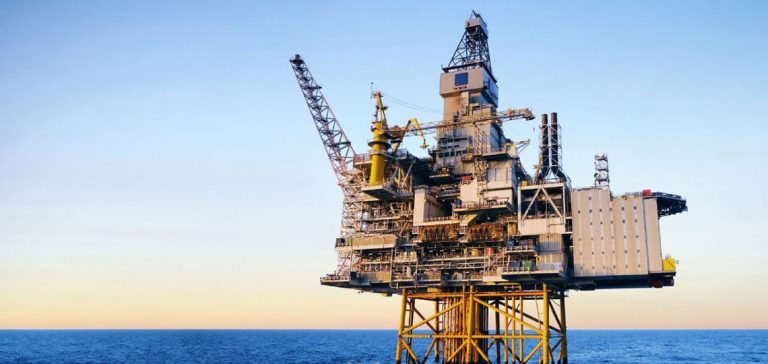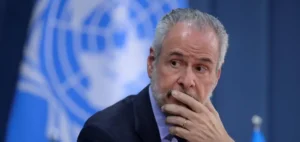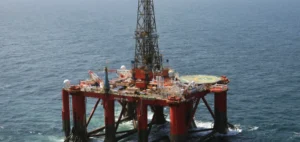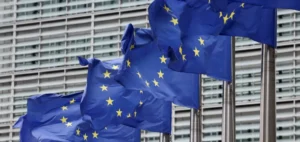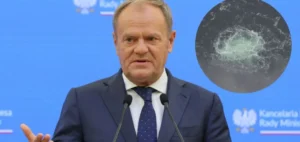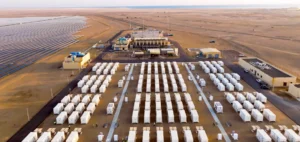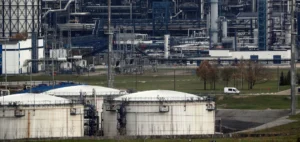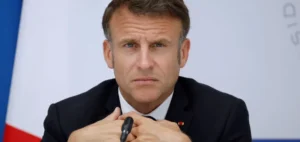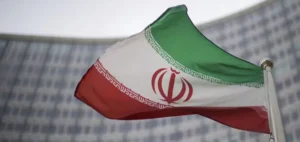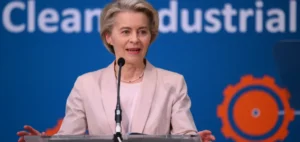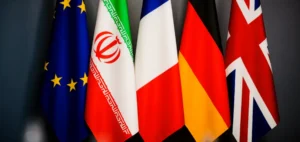Gabon has officially claimed sovereignty over three potentially oil-rich islets before the International Court of Justice (ICJ). This step is part of an ongoing territorial dispute with Equatorial Guinea, a conflict that dates back to the 1970s.
The disputed islets—Mbanié, Cocotier, and Conga—are located about ten kilometers off the coasts of both West African nations. Mbanié, the largest of the three, spans approximately thirty hectares (0.3 km²), while Cocotier and Conga are smaller and have low elevation.
History of the Territorial Conflict
The conflict finds its roots in a 1900 treaty signed between France and Spain, then colonial powers, which established the borders between the two empires. However, ambiguities in this treaty led to subsequent disputes.
In 1974, a subsequent treaty, the Bata Convention, was signed, which Gabon interprets as granting it sovereignty over the contested islets. Marie-Madeleine Mborantsuo, honorary president of Gabon’s constitutional court, asserted that this treaty resolved all fundamental issues concerning the countries’ borders.
Positions of the Parties Involved
Equatorial Guinea, on the other hand, challenges the validity of the Bata Convention. It accuses Gabon of illegally occupying the islets since 1972, when a Gabonese military intervention allegedly took place to seize control of the territories in question.
Philippe Sands, a lawyer representing Equatorial Guinea, strongly questioned the legitimacy of the Bata Convention before the ICJ. He stated that the Court would “enter the realm of absurdity and ridicule” by recognizing the validity of documents whose originals are missing.
Proceedings Before the ICJ
Both nations submitted their dispute to the ICJ in 2016, seeking a peaceful resolution to a quarrel that has long strained their bilateral relations. The hearings, currently underway in The Hague (Netherlands), are expected to last several weeks, with a final decision potentially taking several months.
Ms. Mborantsuo acknowledged that “unfortunately, neither party has found the original of the Bata Convention,” highlighting the challenges of record-keeping before the electronic era. The absence of an original document further complicates the ICJ’s task of ruling on the legitimacy of both countries’ claims.
Economic and Geopolitical Implications
The possession of the islets in question is strategic due to their oil potential. The exploitation of energy resources in this region could have significant economic benefits for the country holding sovereignty.
Additionally, this dispute reflects broader geopolitical tensions in the region, where several African nations are seeking to expand their influence and secure their natural resources. The ICJ’s decision could therefore have implications beyond the borders of Gabon and Equatorial Guinea, potentially affecting other similar disputes across the continent.
International Reactions
The international community is closely monitoring this case, recognizing its importance for regional stability and natural resource management. Several countries and international organizations have called for a fair resolution based on international law, stressing the importance of respecting historical treaties and agreements.
The outcome of this procedure could also set a precedent for other territorial disputes in Africa and beyond, reinforcing the role of the ICJ as an impartial arbiter in international conflicts.


